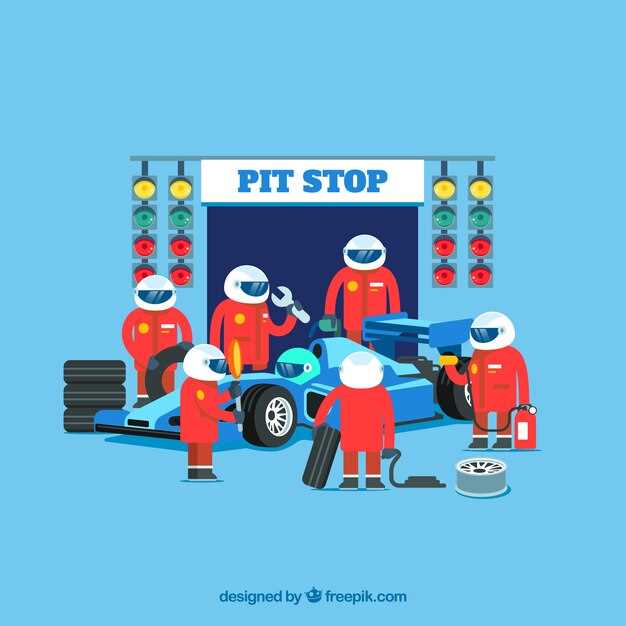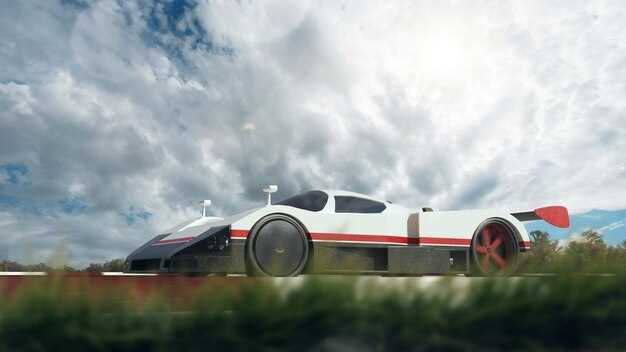Volkswagen Motorsport’s Impact on Global Racing

The racing world has always been a unique arena where innovation, speed, and technology converge. Among the many manufacturers that have made their mark in this competitive landscape, Volkswagen (VW) stands out due to its enduring commitment to motorsport excellence. The impact of VW’s investments in racing is not just limited to their own victories; it resonates across the entire motorsport community, influencing strategies, engineering advancements, and the very dynamics of global racing.
Volkswagen’s approach to motorsport involves a blend of tradition and modernity. From the iconic Beetle racing variants to the state-of-the-art Polo GTI R5, VW has continuously pushed the boundaries of performance and engineering. Their success in global championships such as the World Rally Championship (WRC) and the FIA Formula E has not only cemented their reputation in the racing community but has also set benchmarks that competitors aspire to reach. This article explores how VW’s initiatives and results have shaped the competitive landscape and inspired a new generation of racing enthusiasts.
Furthermore, VW’s impact extends beyond the racetrack. The brand has pioneered sustainable racing technologies, proving that environmental considerations can coexist with high-performance racing. Their involvement in electric racing series illustrates a commitment to leading the future of motorsport. As we delve deeper into VW’s racing legacy, we will uncover the intricate ways in which their influence has redefined the global racing dynamics and inspired a transformation in the automotive industry.
Analyzing VW’s Technological Innovations in Competitive Racing
Volkswagen (VW) has made significant strides in the realm of motorsport, driving remarkable technological innovations that have influenced competitive racing both on and off the track. These advancements not only demonstrate VW’s engineering prowess but also highlight the impact of their innovations on the wider racing community.
One of the most notable innovations introduced by VW is the development of advanced turbocharging systems. By optimizing engine performance through better turbo efficiency, VW vehicles have gained a competitive edge, enhancing power output while simultaneously improving fuel efficiency. This technology, initially refined in the World Rally Championship (WRC) cars, has trickled down to road models, reflecting a cohesive strategy of integrating racing technology into consumer products.
Additionally, VW has been at the forefront of electric vehicle (EV) racing initiatives. The implementation of all-electric powertrains in series such as Formula E showcases not only a commitment to sustainability but also provides a testing ground for innovations in battery technology and energy recovery systems. These advancements have had a substantial impact on how racing teams develop their strategies and vehicles, pushing the boundaries of performance while adhering to environmental considerations.
Another key area of innovation is the use of lightweight materials. VW has pioneered the application of composite technologies in their racing cars, resulting in reduced weight without compromising structural integrity. This shift not only improves speed and handling but also sets a standard for competitors in the racing industry, prompting them to explore similar material advancements.
Furthermore, VW’s emphasis on digital technology, including telemetry and data analytics, has transformed racing strategies. The integration of real-time data collection allows teams to optimize performance and make swift, informed decisions during races, significantly impacting the competition landscape. This technological approach has become a blueprint for many racing teams seeking to harness data to enhance their performance.
In conclusion, VW’s technological innovations have reshaped competitive racing dynamics. From turbocharging and electric powertrains to advancements in materials and digital analytics, the impact of VW’s engineering efforts continues to reverberate throughout the motorsport world, influencing not only their own racing endeavors but also inspiring teams across the globe to adopt similar innovations.
Assessing the Impact of VW’s Motorsport Strategies on Team Performance

The impact of Volkswagen’s (VW) motorsport strategies on team performance is a vital consideration in understanding their prominence in global racing. VW has actively invested in various racing disciplines, particularly rally and circuit racing, to enhance brand visibility, engineering prowess, and competitive edge. This approach has provided significant insights into how effective strategies translate into improved team outcomes.
One key factor is the integration of advanced technology derived from motorsport into their production vehicles. This transfer of knowledge not only boosts performance on the track but also influences vehicle development in the consumer market. By applying lessons learned from competitive racing, such as aerodynamics, weight distribution, and engine efficiency, VW has been able to refine its overall performance metrics, thus benefiting their racing teams.
Furthermore, the establishment of dedicated racing divisions within the company has facilitated a focused environment for innovation. VW’s commitment to fostering talent, both in drivers and engineers, creates a synergy that enhances team performance. Collaborations within their motorsport teams enable a continuous feedback loop, allowing for rapid adjustments and improvements based on real-time data and results.
Another significant aspect is VW’s strategic partnerships and sponsorships within the motorsport community. Engaging with top-tier teams has amplified their presence on the global stage, creating opportunities for knowledge sharing and joint development initiatives. This interconnectedness leads to a more robust competitive stance, as shared resources often lead to breakthroughs that individual teams might not achieve alone.
Finally, VW’s focused marketing and branding strategies surrounding their motorsport activities harness fan engagement and loyalty, which reinforce team spirit and performance. The excitement generated by successful racing results not only captivates fans but also creates a feedback mechanism that motivates teams to push their limits and strive for excellence.
In conclusion, assessing the impact of VW’s motorsport strategies reveals a clear connection between tactical investments, technological advancements, and enhanced team performance. These strategies foster a culture of innovation and competitiveness that reverberates throughout the global racing landscape, symbolizing VW’s enduring legacy in motorsport.
Exploring VW’s Role in Shaping Global Motorsport Regulations and Trends

Volkswagen (VW) has significantly influenced global motorsport through its innovative approaches and strategic decisions. The brand’s commitment to high-performance engineering and environmental sustainability has spurred substantial changes in racing regulations.
One of the key impacts of VW on racing is its pioneering work in alternative fuel technologies. VW’s investments in electric and hybrid powertrains have not only enhanced vehicle performance but also aligned with the growing demand for eco-friendly racing solutions. This shift has prompted various racing organizations to reconsider their regulations, encouraging the integration of sustainable technologies in competitive formats.
Moreover, VW’s achievements in rallying, particularly with the dominance of the VW Polo R WRC, have set benchmarks in vehicle design and aerodynamics. This success has led to the introduction of more stringent aerodynamic regulations aimed at leveling the competitive field, demonstrating VW’s impact on shaping technical standards in motorsport.
In addition, VW’s participation in events like the Pikes Peak International Hill Climb has showcased the importance of innovation. The all-electric VW I.D. R set records, illustrating the potential for electric vehicles in high-performance racing. This has prompted motorsport bodies to explore new categories, further influencing global trends.
Finally, VW’s commitment to grassroots motorsport has enriched racing culture worldwide, promoting accessibility and inclusivity. By supporting initiatives like the VW Fun Cup and various karting series, the brand nurtures future talent, ensuring that the spirit of racing evolves continuously.
In conclusion, VW’s influence on global racing dynamics is profound, steering both technological advancements and regulatory changes that shape the future of motorsport. Its impact on racing continues to inspire innovation and sustainability across the automotive industry.



